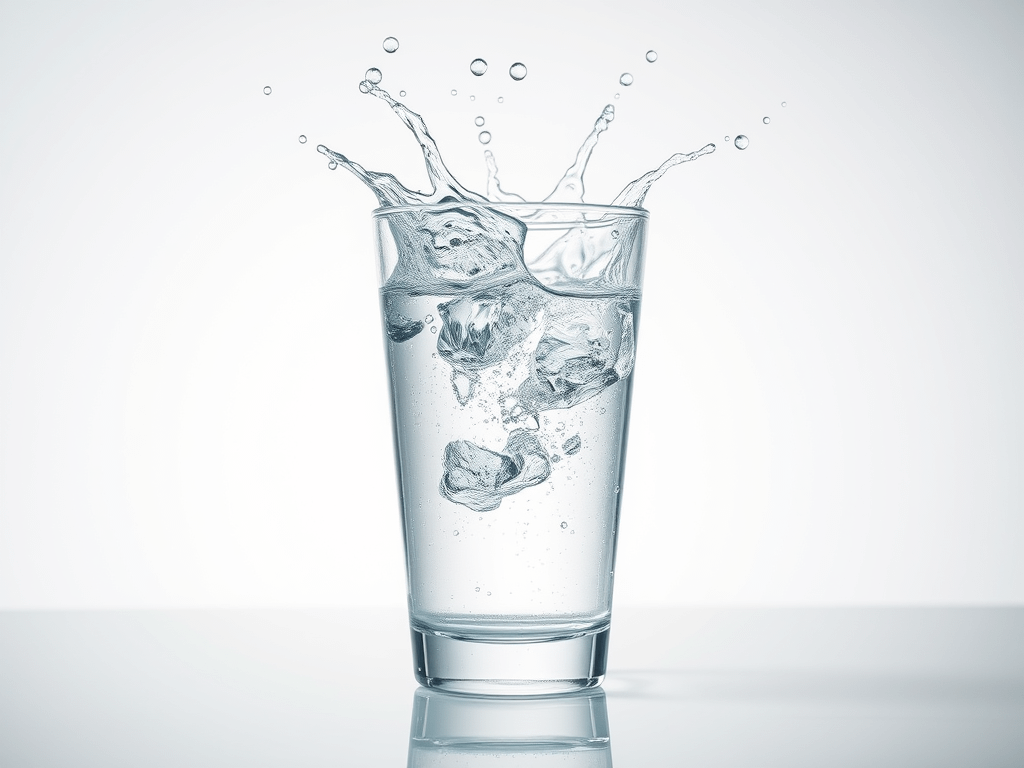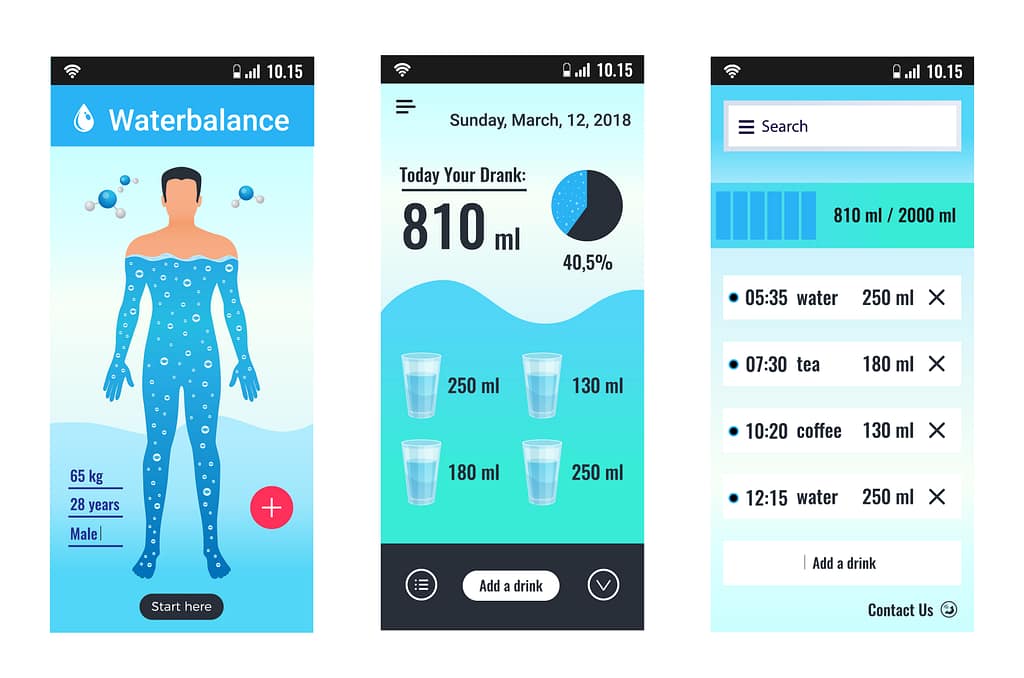Introduction: The Importance of Water
Water is an essential element for human health and survival, playing a critical role in various physiological functions. The human body is composed of approximately 60% water, emphasizing its significance. Adequate hydration is vital for maintaining overall physical well-being and ensuring that bodily systems

One of the fundamental functions of water in the body is temperature regulation. When body temperature rises, either due to external conditions or physical exertion, water plays a key role in dissipating heat. Through processes like sweating and respiration, the body utilizes water to cool itself down, preventing overheating and maintaining homeostasis.
How Water Affects Your Body’s Functions
Water plays a vital role in numerous physiological processes that are essential for maintaining overall health and well-being. One of the primary functions of hydration is its involvement in digestion. Water is a crucial component of saliva, which initiates the digestive process. It aids in dissolving nutrients, enabling their absorption further along the gastrointestinal tract.
In addition to its digestive benefits, water is essential for circulation. It comprises a significant percentage of blood, which transports oxygen and nutrients to cells and removes waste products. Proper hydration ensures that blood volume is maintained, facilitating efficient circulation.
Want to see hydration in action? This video breaks down exactly what happens inside your body when you drink water—and what goes wrong when you don’t! Check it out:
Signs of Dehydration: Recognizing the Symptoms
Dehydration occurs when the body loses more fluids than it takes in, disrupting the balance of essential fluids necessary for maintaining optimal health. Recognizing the signs of dehydration is crucial for preventing further health complications. Mild dehydration often presents initial symptoms such as thirst and a dry mouth.

One vital symptom that often goes unnoticed is the color of urine. Dark-colored urine is a strong indicator of dehydration, as well-hydrated individuals typically have light-colored urine. In more severe cases, symptoms may escalate to rapid heartbeat, confusion, and even fainting.
The Effects of Drinking Enough Water
Maintaining proper hydration is essential for both physical and mental well-being. One of the most evident effects of drinking enough water is improved physical performance. Adequate hydration plays a critical role in regulating body temperature and lubricating joints, reducing fatigue during exercise.
Beyond physical benefits, proper hydration enhances cognitive function. The brain is composed of approximately 75% water, and when the body is well-hydrated, cognitive capabilities are optimized.

Hydration Tips: How Much Water Do You Really Need?
Understanding individual hydration needs is essential for maintaining optimal health. While general guidelines suggest drinking eight 8-ounce glasses of water per day, various factors influence the actual amount needed, including age, weight, activity level, and climate.

To ensure you are drinking enough water throughout the day, consider practical tips such as setting reminders or using a water bottle with time stamps to track consumption. Including hydrating foods, such as cucumbers and watermelon, can also boost overall hydration levels.
Conclusion: The Vital Role of Water in Your Life
Water is not just a fundamental necessity but a cornerstone of good health. Staying adequately hydrated plays a critical role in promoting digestion, enhancing cognitive function, and regulating body temperature. Implementing a routine that prioritizes fluid intake is essential for preventing long-term health consequences and fostering a healthier lifestyle.
